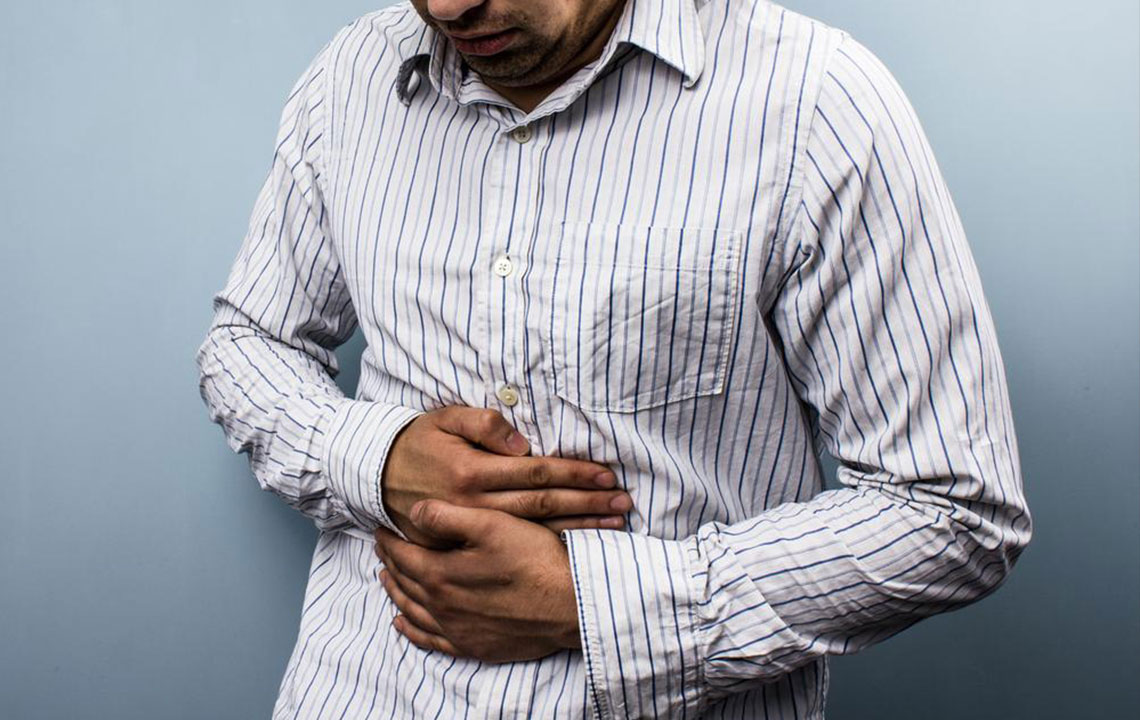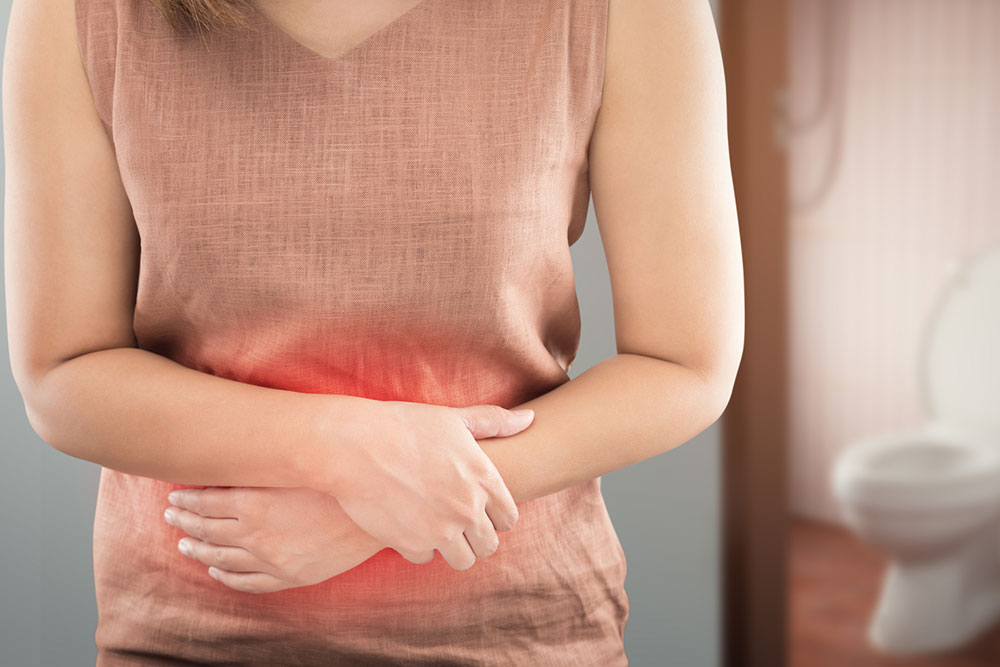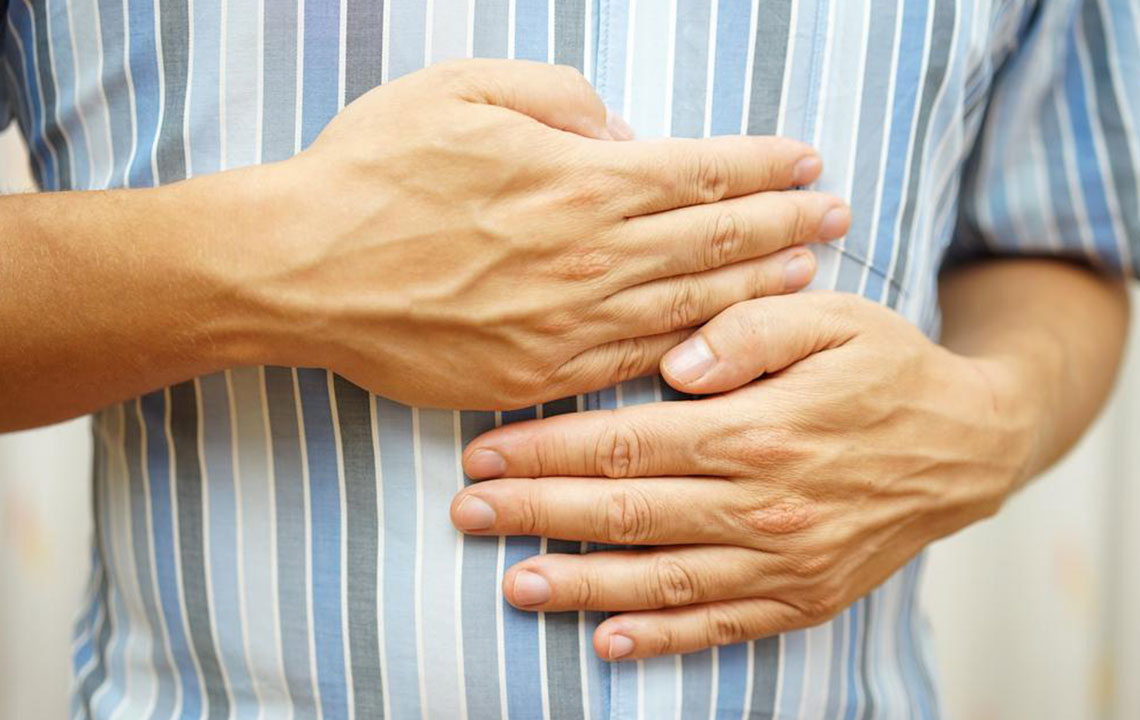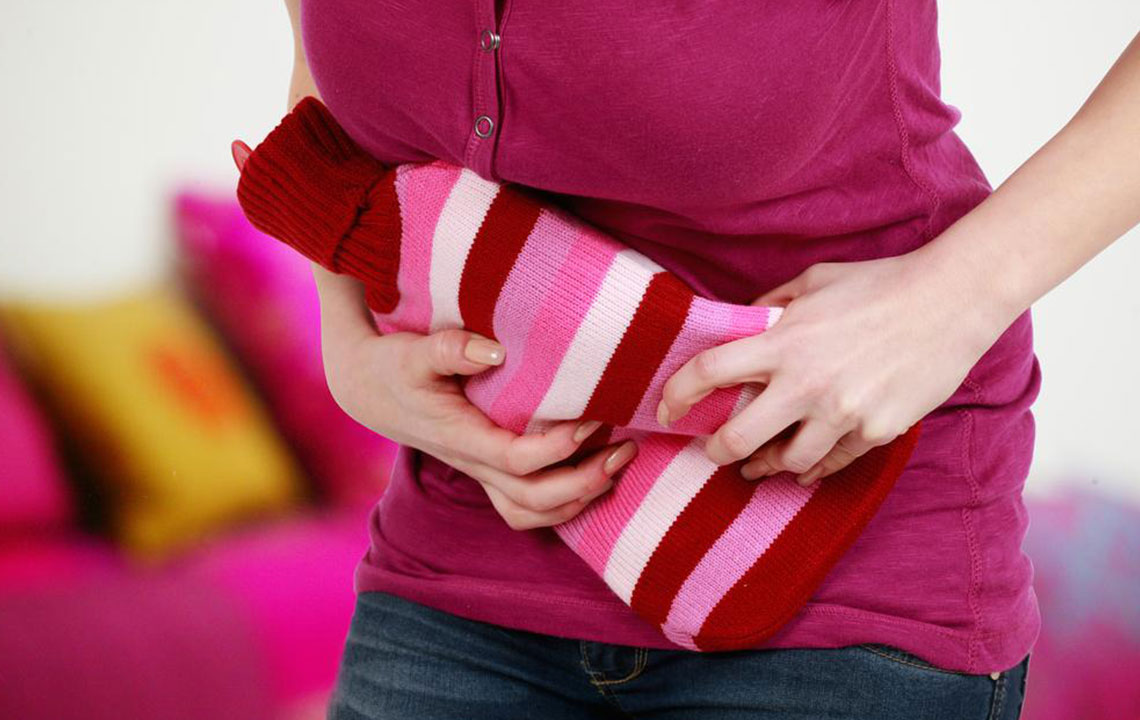How to Treat Chronic Diarrhea Effectively
Each one of us is aware of the stomach condition of diarrhea. It is a sudden urge to pass stool which might be accompanied by severe cramps. This issue, if persists for longer than two weeks, is termed as chronic diarrhea. This could mean an increasingly annoying experience that interferes with your daily routine to a considerable extent. In the case of a person with a weak immune system, it could be life threatening as well.
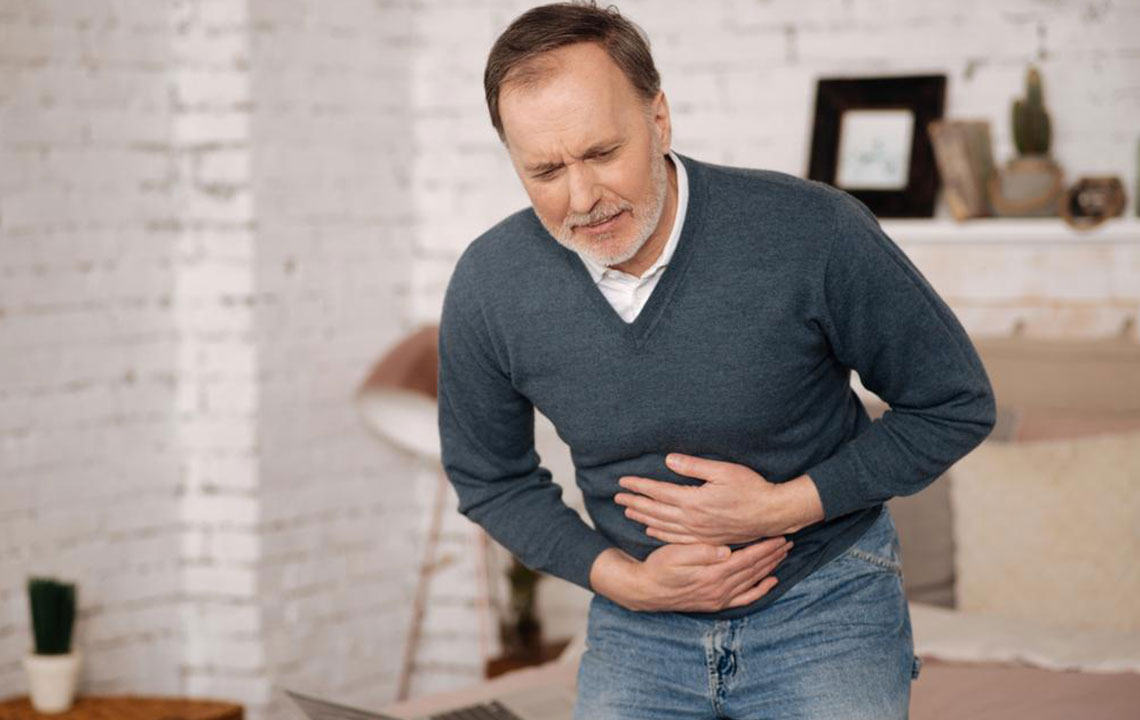
Causes of chronic diarrhea
Chronic diarrhea can result from a broad variety of problems. The most common of these include IBS that is irritable bowel syndrome, inflammatory bowel diseases like ulcerative colitis and Crohn’s disease. The condition can also be caused by malabsorption syndromes, a condition where food cannot be absorbed and digested. Chronic infections are another possible reason that may cause this condition.
Foods to eat:
While it might sound contradictory to eat while you have diarrhea, eating certain foods can help relieve your diarrhea pain and secure your health from further worsening caused due to extended periods of starvation. It is prescribed to stick to foods that are low in fiber as it will help firm up your stool. These low-fiber foods include white rice, bananas, toast, and applesauce. This diet is popularly called the WRBT diet which is especially beneficial to treat diarrhea. One can also have boiled or baked potatoes, oatmeal, roasted chicken with the skin removed. Chicken soup is said to aid in rehydration, and it is to be noted that the patient needs to stay hydrated.
Foods to avoid:
When you are suffering from diarrhea, it is best to be conscious of what you eat. The digestive system is at its worst, and certain foods may trigger the bowel movements. Here is an account of the foods that must be avoided:
- Dairy products – Lactose intolerance may trigger chronic diarrhea, and hence, it is best to avoid milk and other dairy products.
- Gluten- Gluten may also trigger the condition.
- Oily and fatty foods- Avoid deep fried greasy foods and fatty foods as they can tighten the muscles in your gastrointestinal tract.
- Caffeine and alcohol- Alcohol may result in loose stools, so does caffeine.
- Medications – Certain drugs like laxatives, antacids, drugs containing magnesium, and NSAIDs may aggravate the condition.
- Cancer treatment- Chemotherapy and radiation used as cancer treatments may also cause chronic diarrhea.
Treatments for chronic diarrhea:
Chronic diarrhea treatments seek to eradicate the causes mentioned above and firms up the bowel movements and treat any complications relating to diarrhea. In few cases, chronic diarrhea treatments may be as simple as excluding some particular food or medicine.
Chronic diarrhea treatments involving medication:
The following drugs can be typically used in treating the condition:
- Bismuth sold as Pepto-Bismol or Kaopectate is used in chronic diarrhea treatments.
- Medicines for Antidiarrhea– Examples of such drugs include loperamide commonly sold as Imodium or medications, such as diphenoxylate-atropine commonly known as Lomotil. Consuming more than the prescribed dose can lead to severe heart problems. It is highly advisable to consult a trusted physician before taking the medicines.
- Octreotide is a prescription medicine that might be recommended to people with severe diarrhea.
- Apart from this, substances that solidify the stool, such as a fiber supplement or high-fiber diet is also implemented as a part of the treatment.
More on chronic diarrhea treatments:
Treatment trial — Your medical practitioner or nurse might suggest trying a treatment before further testing is done. This strategy can help to cut down the list of potential causes of your diarrhea. In the case of an infection, a trial of antibiotics is done. Stopping a medicine that is causing allergies as side effects. Altering your diet, for a probable food allergy problem is included.
Treating complications:
Chronic diarrhea treatments have few complications as well. Severe diarrhea can drive to possibly grave difficulties, including malnutrition and dehydration. While being assessed, one should drink plenty of fluids as possible. This is checked by the color of the urine. If the urine has a light yellow color, then you are drinking enough fluid. If not, you must consume more fluids.
During diarrhea, the body essential fluid balance gets disrupted. In such a scenario salt water or electrolytes are provided to prevent more serious complications. It is crucial to stay well-hydrated during the recovery period. Sometimes the patient might have to stay at the hospital to get Intravenous fluids to replenish the body with the lost fluids. This is quite important because if the patient is not able to stay hydrated with oral fluid intake, the complications can be manifold.
Thus, with the right chronic diarrhea treatments, one is sure to break the clutches of this gruesome ailment and lead a healthy quality life.
